The Veteran Creed: Never Volunteer for Anything
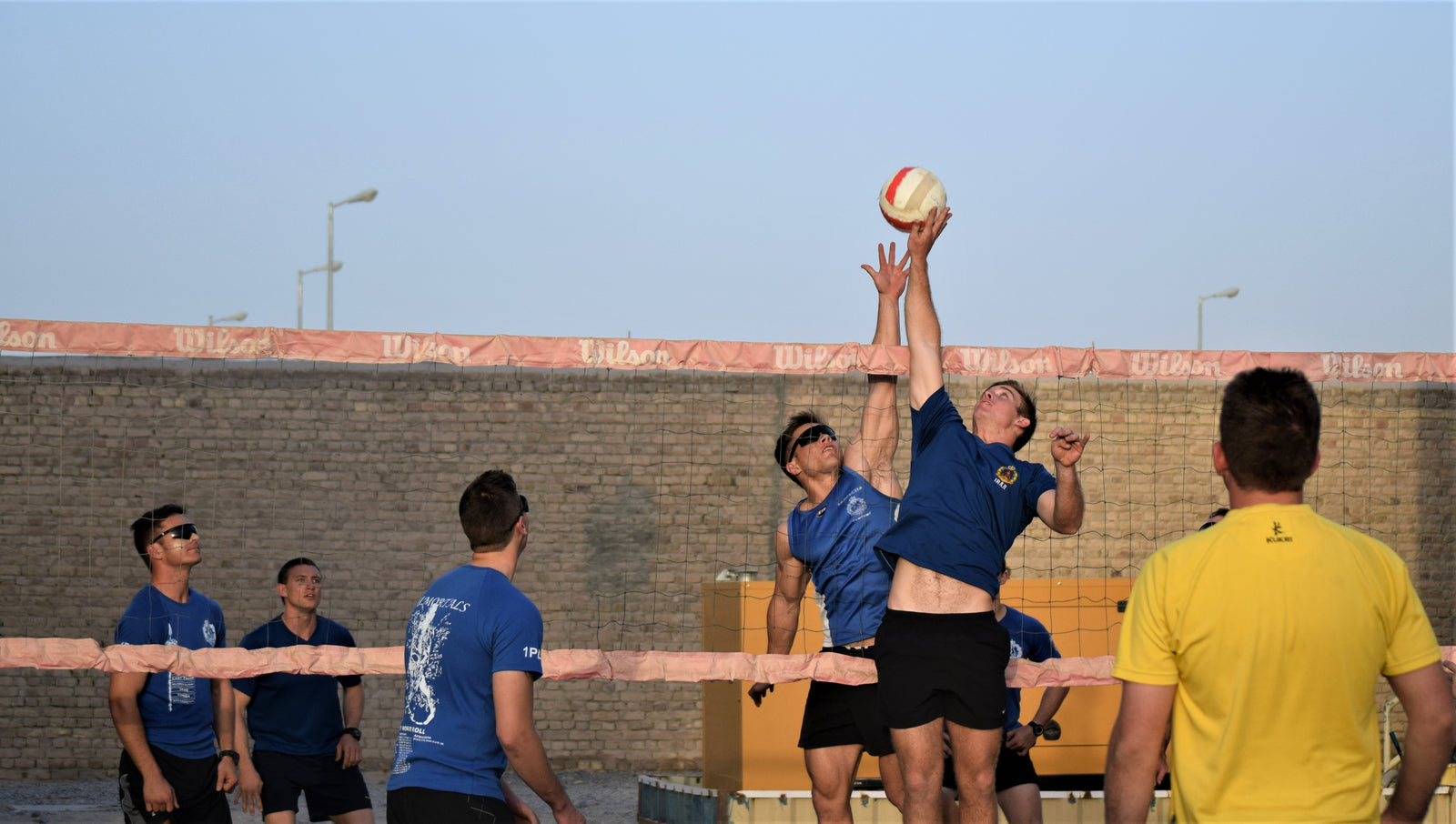
An Anvil Opinion Article by Dr. Kevin Kraushaar
Dr. Kevin Kraushaar is a trauma specialist who works with veterans with service histories ranging from the Second World War to modern day conflicts. He is passionate about mental health, and using his education and years of experience to improve the quality of life for those affected by their traumatic experiences.
The diversity of Dr. Kraushaar’s clients means he has witnessed first-hand the vast array of components that may negatively impact mental health. Using his experience, he’s able to provide insights into issues of which many people may not be aware, due to the ‘hush-hush’ stigma surrounding open discussion of mental health concerns and proactive awareness. At Anvil T&D, we value that information, and so we’re excited to share Dr Kraushaar’s knowledge on his behalf through an article that he’s recently written for us on volunteer work.
Volunteering – It’s like your first “LIVE” hand grenade throwing range experience.
It’s a bit scary, you’re relying on others NOT to screw up. It can be funny (like the guy who let go on the downward swing in front of himself and everyone); then a run for dear life, a dive and three guys piling onto the Sergeant behind the sandbags. Then, the swear words and the usual debriefing - it happens!
Never Volunteer for Anything: “Nunquam Voluntarius Pro Quisquam”
Introduction
I particularly have in mind an ex-soldier, who was also an ex- policeman - let's call him Luke Skywalker (name has been changed for privacy purposes – sorry, Mr Lucas). He began the process of volunteering for a global non-profit organization (NGO). Two weeks following the start of his volunteer work, a major disaster hit. He was given a job to enter different requests into a database - with the requests including all the stuff you expect following a major cyclone (such as the need for food, tarpaulins, furniture, fridges, carpets, washing machines etc.) The idea was that from this database of information - the NGO could requisition the goods from their warehouse, individualize the delivery of goods and services, based on what was needed, and ship them out to those in need when the roads and rail infrastructure were finally cleared and opened.
The challenge was - the volunteer organization made the mistake of treating Luke like any other regular volunteer. They kept loading more work onto him - and with more work, came more pressure. Luke was only supposed to work for four hours, two days a week - but ended up working 28 volunteer hours in a week, with no lunch or coffee breaks, alongside the mounting pressure to complete the necessary work. Luke was the key in order for the process to be successful – and information needed to be entered efficiently and accurately.
In the face of this mounting pressure, and an organization NOT recognizing Luke wasn’t like other civilian volunteers - he went into “Mission Mode”. People in desperate need were relying on him, and he ‘had’ to get the work done. Long story short - he quickly burned out. Under the weight of the expectations that others and he had placed on himself; he reached breaking point, and felt at that point in time, all he could do was basically give up, and walk out.
I got a phone call from Luke, and understandably - he was devastated.
But, I believe a major part of the problem lies at the feet of the NGO, not at Luke’s feet. I believe there was a need for a few basic ground rules that should have been put in place to manage not only the needs of the NGO - but the needs of the veteran volunteer who went into mission mode. Had there been some established guidelines, this walk-out may never have happened.
The History of “Never Volunteering”
This old adage comes from days back when soldiers were drafted into service. Draftees were mostly civilians who were totally unprepared for duties in the regular services. They were taught to keep going and keep their heads down, get through their time, and get home safely.
Why be wary about volunteering? Yes, like hand-grenade throwing, self-preservation is key - as many folks don’t understand veterans, and how they think or act under pressure, how they function with PTSD, and how they react to stressors. Veterans are good at following orders and learning new skills – like a signals guy learning Indonesian. But when the task is a three-man job, NOT a one-man job; then the NGO is setting them up for failure. When veterans leave the ADF and encounter an offer to volunteer - you need to ask others who have volunteered, or health & welfare professionals, about the organizations track record with ex-ADF people. As failure after being medically discharged, may not be your best option if the NGO doesn’t have a track record of success.
Never Volunteer; Across each of the Services.
The Army only teaches you two things: "If in doubt, put down smoke and go left", and "Never volunteer for anything".
The Navy only teaches you two things: "Don't throw the slops out to windward" (that’s Nautical talk), and "Never volunteer for anything".
The Air Force only teaches you two things: "Cheese tastes pretty much the same coming up as going down, so it's OK to eat before a bumpy flight", and "Never volunteer for anything".
The US Marines only teach you one thing: "Never volunteer for anything".
Mission Mode
I often use this term in my clinical practice with veterans, because I find many ex-defense people tend to easily go into what I call "Mission Mode." A recent example: an ex-vet was going away on vacation, a mission parameter was set 2 weeks before ETD. He wanted to, or needed to be driving out and hooked up with the caravan in tow Monday at 0900 hours. It was 0920 hrs, he is raving and ranting at himself and his partner in the 4WD, because they didn't meet his/their (self-imposed) early mission parameter/requirement. Does this sound familiar
This “Mission Mode” often happens when veterans are still in the ADF, or out, or start working, or thinking about volunteering. Working on self-preservation and expectation management following the transition from active service can help you focus on the adjustment to the next stage of your life. Whether this be through psychological help (EMDR therapy or cognitive-behaviour [CBT] therapy) or independently, it is key to develop some positive strategies to remind yourself you are not in the ADF anymore. Whilst setting realistic goals and standards for you can be productive and supportive, the strict expectations that were developed during service, don’t necessarily always apply, nor fit with TPI, or civilian life.
I'll return to this later on – whilst introducing some of the volunteer do’s and don'ts that I think should be laid down before someone does accept a voluntary position. Is there an immediate person to report to, are you working alone or in a team, can you debrief to someone, are expectations, hours and days of volunteering written down, is there a try-out phase? These are questions we will consider later.
Why I'm Writing this Piece
So “nunquam voluntarius pro quisquam” - Never Volunteer for anything
Which also means:
Quidquid latine dictum sit, altum videtur = Anything said in Latin (Always) sounds profound.
A Necessary Reminder: Not all volunteer experiences end the same.
In the face of Luke’s story, I wanted to share another - from a volunteer who had a very positive and enjoyable experience in his first volunteer gig. This veteran volunteered for three days at a recent meet for the V8 supercars. He was acting as an official marshall, decked out in a lovely HI-VIZ pink vest, working in “the Pits”. He was able to be a part of a shorter-term experience, doing something he was passionate about - so much so that he is off to a Sydney meet next month, to do it all over again. This experience was a happy one, short term, a hobby type volunteer situation - and it seems to be going well for him and his partner.
Lessons learnt here:
- No, not the lovely pink HI-VIZ vest, but it was short-term (3 day gig) in a month.
- He acted as a Marshal, just keep people out of the V8 supercar pits.
- It was his/her passion, not just a job, he was strongly invested in this, and it wasn’t hard to do.
- The V8 super cars gig was easy, he worked with other Pink Vests – NOT alone.
Luke’s* experience highlights the challenge that many veterans face when it comes to volunteering. Like taking up a new job out of Defense, undertaking volunteer work requires the management of realistic expectations, and building of positive/productive professional boundaries that will help you do the best you can - not overwhelm the veteran.
So I suggest if you feel like volunteering. Find something you are passionate about, keep the commitments time realistic (low or short time commitments e.g., 3 days (6hr days) max a month). Maybe don’t work alone, be part of something big, see if all the gear is supplied. Just ease into it and keep your level of commitment low - so it’s not a huge burden, and after your volunteering gig, reward yourself & your partner (go fishing or something). Expect it NOT to work, or be a good fit in the first weeks, the contract might have to be modified, debrief regularly either to a health professional – psychologist, or rehab specialist; share yes, but I recommend you not to debrief to your partner or spouse.
Remember your first “live” firing range experience:
Your first firing range experience; like most things it doesn’t always work perfectly the first time a 100 point spread), like getting the breathing right – hold..You know the rest, it requires an experienced supervisor, a debrief, look at the spread, feedback of results, what can I do better next time. Same goes for volunteering.
In my work with veterans, I have been able to develop a basic list of ground rules for when it comes to taking up volunteer work. This basic list works alongside the suggestion that veterans be as open and honest with what is supportive for their mental health as possible - that if they feel they can, outline with their chosen volunteer organization what is, and is not helpful for their well-being.
The ground rules are as follows (add anymore as you like):
- Clear expectations - what the NGO expects of the volunteer should be clearly laid down, and discussed openly during the process of applying for volunteer work, even before you’ve committed to the role. If the organization isn’t clear - ask. Where you can get everything written down or laid out in a Volunteer Contract signed by the organization, with clear expectations and boundaries. This document should include:
- Hours & days of work - what do they expect in terms of time commitment?
- The person they immediately report to - who is the person you can go to if you need help, or have questions, or debrief about your volunteer experience?
- Clear expectations about the workload, coffee, lunch, or tea breaks, and when you can go home early – volunteers should NOT to be classed as cheap full-time employees.
- Who they can report to in person, and the expectations about reporting regularly to an immediate supervisor, or who the volunteer should be keeping in touch with on a regular basis to do a debrief.
- Possible pressures associated with the role - NGOs should be aware of these, and have strategies to support their volunteers. When faced with these pressures, ADF personnel can easily go into mission mode because of their training.
- Whether the role is solo, or are you connected to a group - I find veterans tend to work better in groups, not alone.
- What If the volunteer is becoming overwhelmed, the ways in which they can alert the organization or their immediate supervisor - and follow up procedures to allow for set work & break times, or the opportunity to set flexible limits of how much time they are going to work.
- What are the agreed exit strategies that are in place. ( where are the sandbags).
- Clearly written guidelines as to what is expected of both the NGO & the volunteer, as well as the wider NGO organisation - the NGO should follow basic duty-of-care requirements.
- If they need anything, or need help, how the volunteer can request it - and how it will be supplied. (rather than becoming overwhelmed, going into Mission Mode, or just getting burned out like we saw with Luke Skywalker).
Like your first “Live” hand grenade range throwing experience, it’s a matter of practice, skill, supervision, debrief, and drinks afterwards to swap possible horror stories, but above all “TO CELEBRATE SUCCESS.”
About Us
Anvil Training and Development is a group of Australian veterans who care about the physical and mental health of veterans and emergency service workers. We’re passionate about ongoing education and working with others to implement positive change.
Instagram: Anvil Training & Development - @anvil.td
Facebook: Anvil Training & Development - @anvil.td
www.anviltd.com
(Article Edited, Proof Read, and Fact-Checked by Charlotte Officer)
VES Mental Health Resources: https://anviltd.com/pages/ves-australian-mental-health-resources
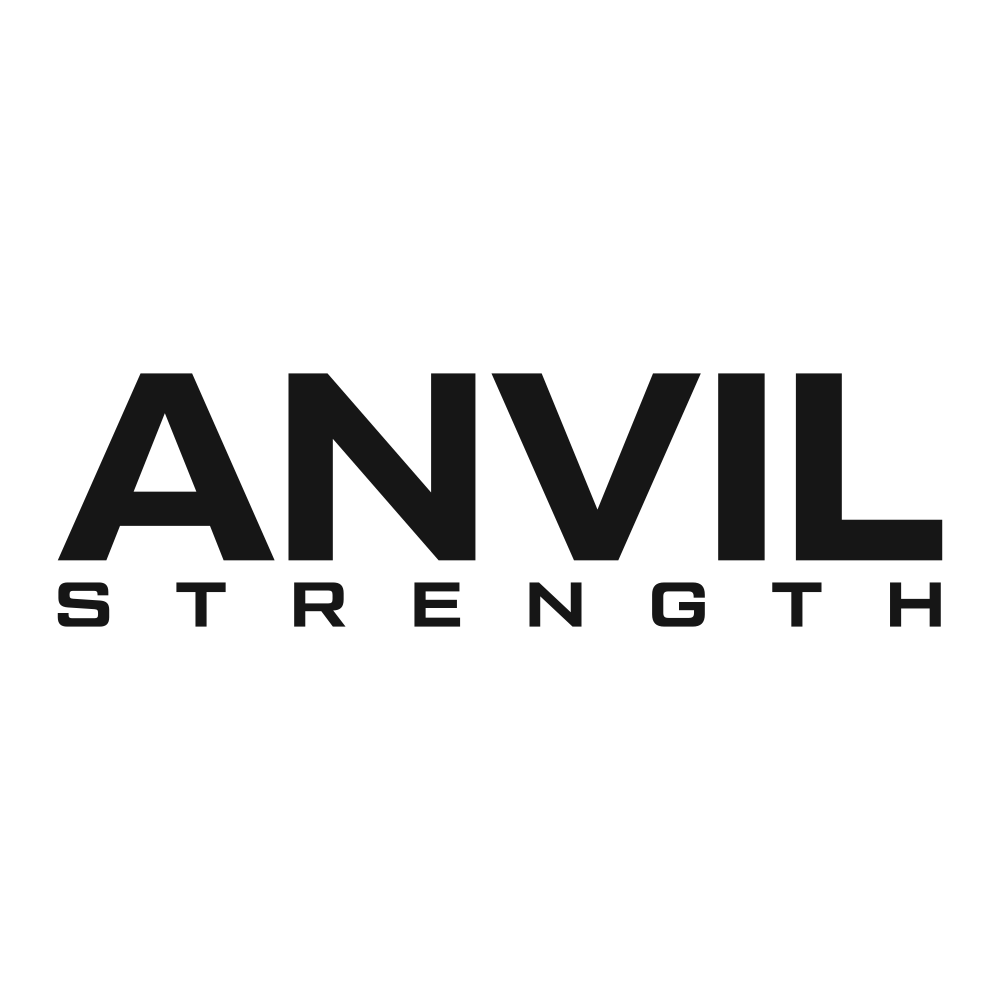
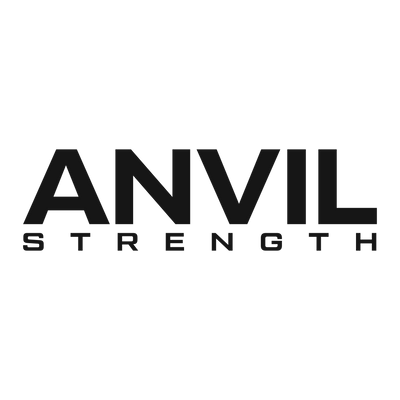




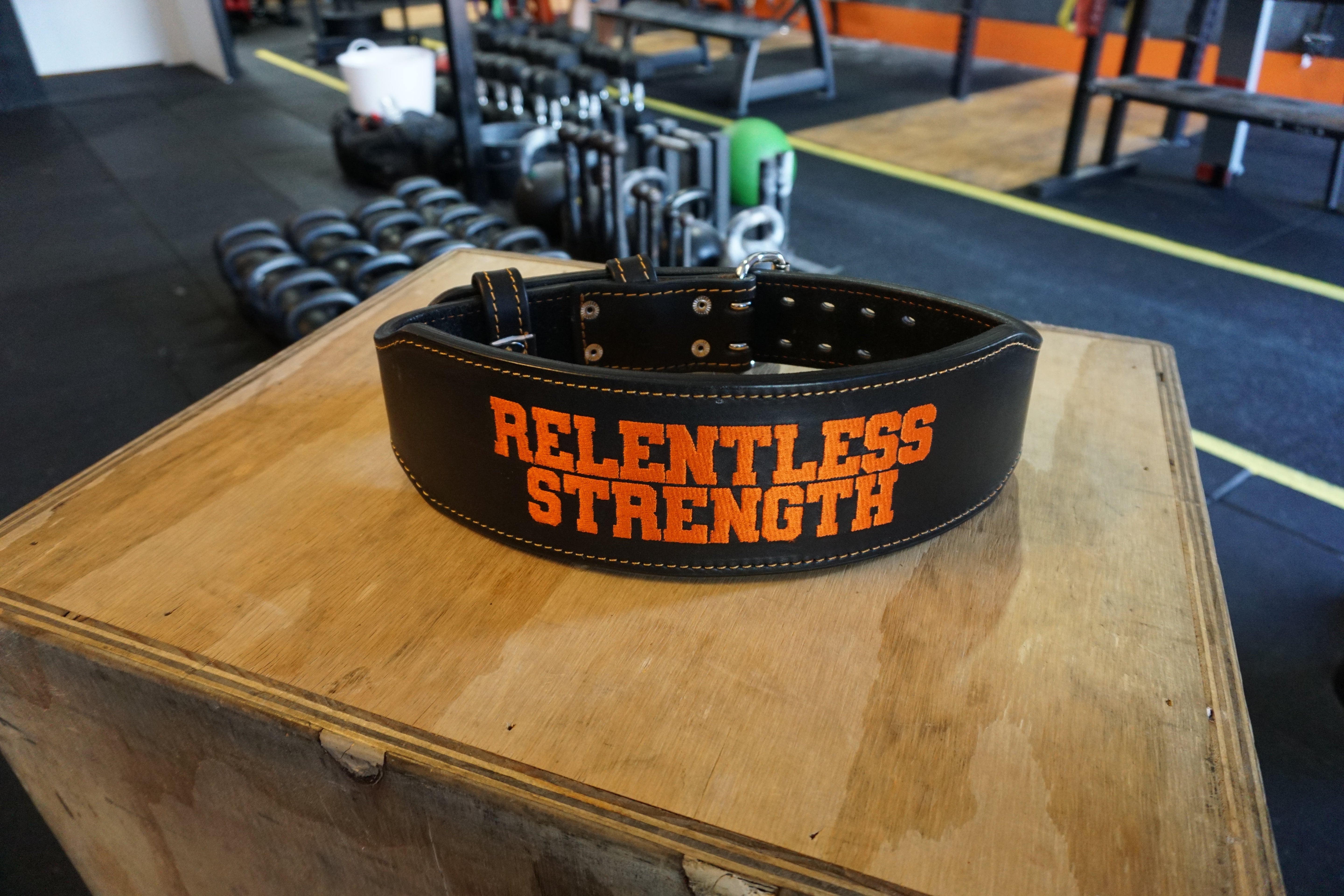

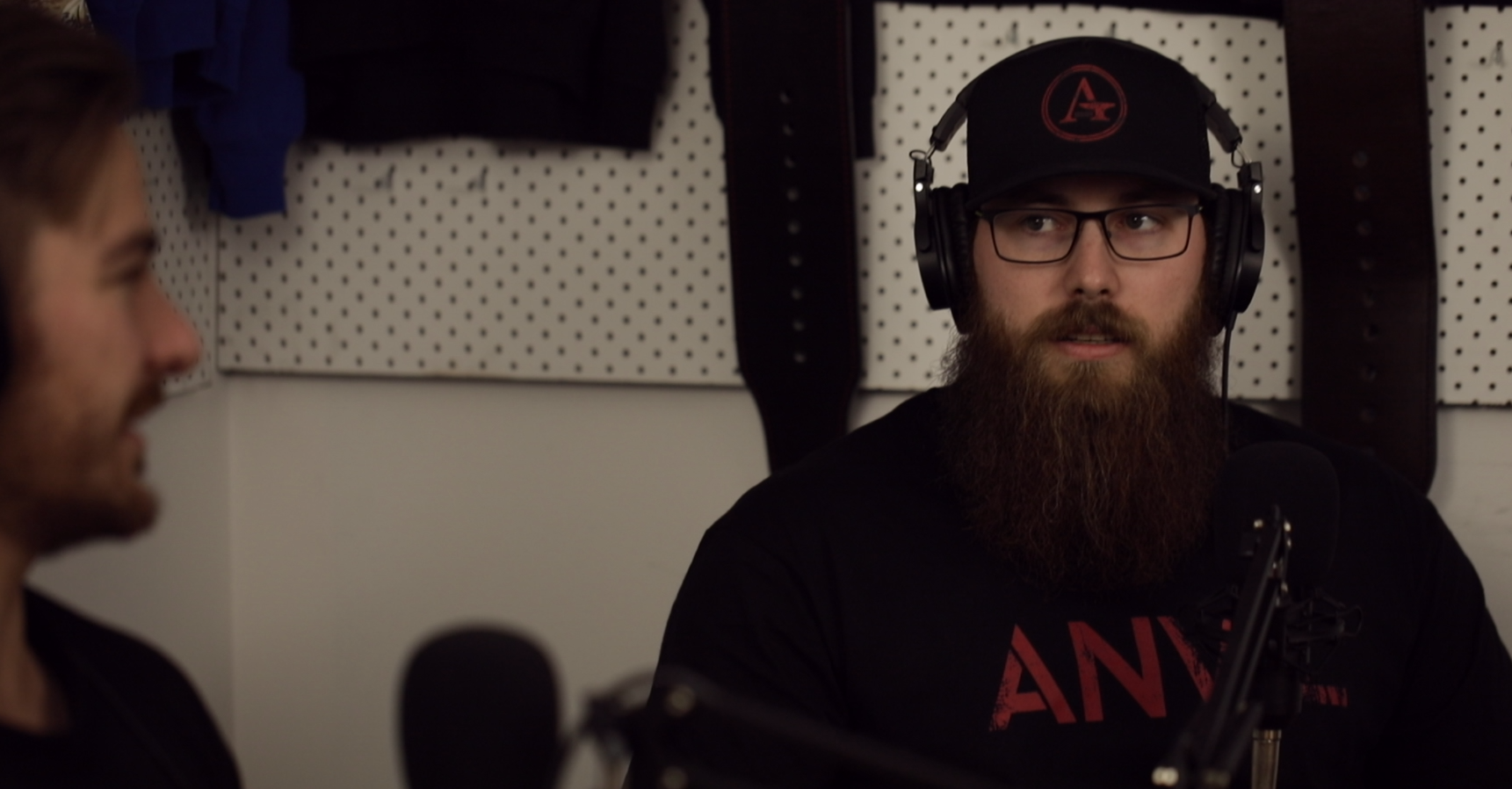
Hey just seen on Twitter wow. Well done whomever !!
Leave a comment